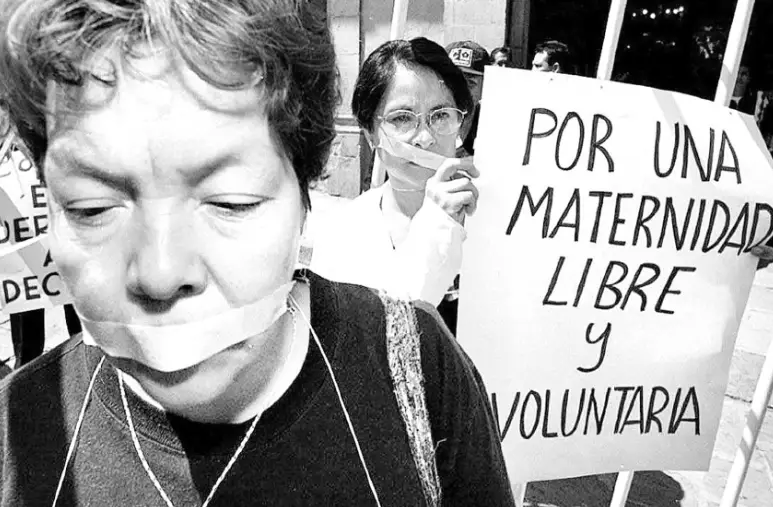Motherhood has been an integral part of many women’s lives around the world throughout history. In Argentina, three-quarters of mothers, 76%, consider that being a mother is the best experience a woman can have. In addition, for one-third of Argentine women, having children is essential to living a fulfilling life.
There are several trigger points for this belief. Emotional reward is one of them; in the end, 8 out of 10 women report that they feel fulfillment when they see their children progress, highlighting the deep satisfaction they find in the role of motherhood. Moreover, Argentine mothers have a very positive self-evaluation of their performance. From different sides, the discourse of motherhood as a source of personal satisfaction in women’s lives is evident.
However, times are changing, and non-motherhood is becoming an increasingly common and accepted option. A global study conducted by the WIN consulting network in 39 countries has shed light on this phenomenon, showing that 18% of adult women surveyed globally are childless and do not plan to have children in the future. In Argentina, the study indicates that this percentage is in line with the global trend, with 16% of adult women who are not mothers and have no plans to become mothers (a proportion similar or very close to that of other Latin American countries: 16% in Chile and Peru, 15% in Mexico and 12% in Brazil).
The tendency toward non-motherhood manifests itself beyond individual preferences or sensations. The fertility rate in Latin America and the Caribbean in 2022 was estimated at 1.85 live births per woman, a figure that has been below replacement level since 2015. This rate is projected to continue to decline, although with differences: in Haiti, it will remain high, at 2.8 children per woman, but in countries such as Puerto Rico, Chile, and Uruguay it will hover between 1.3 and 1.5 children per woman.
The worldwide decline in birth and mortality rates raises challenges and questions about the future of global demographics. The increasing longevity and declining birth rate are interconnected, requiring proper management and a focus on the culture of care and reciprocity.
Observing the results by age, it becomes evident that the main female resistance to motherhood occurs in young women between 18 and 24 years of age at a global level. In this age group, opposition to the maternal convention as a destiny reaches 30%, a figure that rises to 47% in Argentina. This means that 5 out of 10 young women do not intend to become mothers, well above the global average.
The desire not to be a mother is linked to the increasing freedom of choice that women are experiencing today. Having children is seen less and less as a mandate and more as an individual choice. In some cases, motherhood is considered something that can limit opportunities and personal freedom. Also, economic concerns play an important role. Economic uncertainty and lack of prospects may influence the decision not to have children. In some European countries, concerns about climate change are influencing some people’s decisions not to have children. In the case of Argentina, this is compounded by pessimism about the country’s future.
Motherhood entails significant costs, as reflected in various studies. There is a gap in terms of career development and equal pay between men and women, and also between women with and without children, harming the former. Furthermore, most working women find combining motherhood and employment a challenge. Mothers spend almost twice as much time as fathers with their children, and child-rearing activities fall heavily on mothers, even though women work. Gender equality has advanced in many respects, but inequalities persist in the domestic sphere and in childcare. Although there have been changes in perceptions and values, actual practices are slow to change, which may influence women’s decisions, whether or not, to become mothers. Inequalities in the home are more visible and generate more questioning and frustration today. The decision to be a mother or not should not be an obstacle to achieving gender equality. It is essential to address economic inequalities and differences in domestic workload to enable women to make informed decisions about their reproductive future.
In summary, the phenomenon of non-motherhood is on the rise and raises important questions about gender equality, economics, and demographics. Non-motherhood is a complex phenomenon reflecting cultural change and women’s new realities in modern society. Women have more choices than ever before, and these choices must be respected and supported in an ever-changing world.
*This text is written within the framework of the X WAPOR Latam congress: www.waporlatinoamerica.org.
Translated by Micaela Machado Rodrigues from the original in Spanish.











